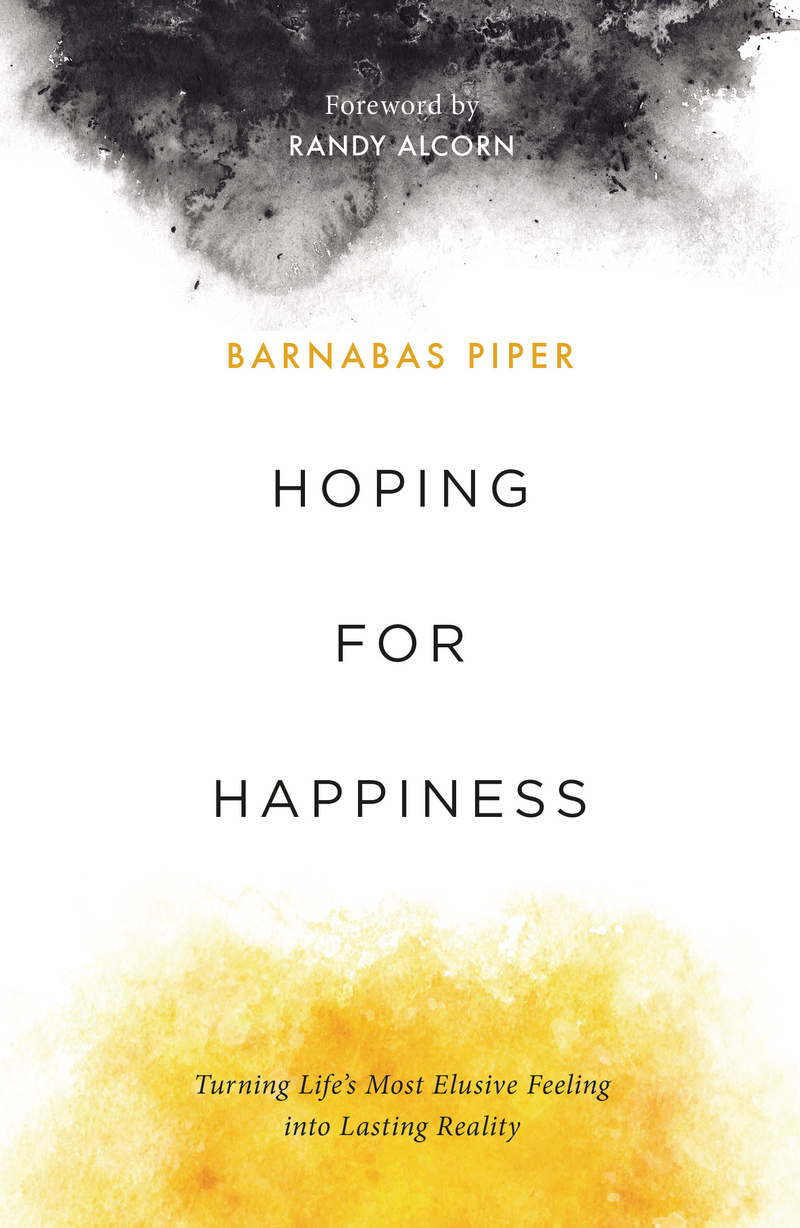What should we do with our expectations? We need to look no further than the story of Goldilocks and the three bears.
In this timeless children’s tale, a carefree little girl stumbles upon a house in the woods while its occupants, three bears, are away. Being curious, and obnoxiously nosey, she decides to have a look around.
In the living room she tests out their chairs and finds one to be too small, one to be too large, and the third to be just right. Then she gets hungry and makes her way to the kitchen where she finds three bowls of porridge (a word to make oatmeal sound less nasty). The first is too cold, the second is too hot, but the third is just right. After all her exploring and snacking, Goldilocks is getting sleepy so off she goes to find a place to nap. In the bedroom she tests one bed and finds it too soft, the second bed she finds too hard, but the third is just right. We’ll leave the story here because there is some debate as to whether, when the bears get home, they eat Goldilocks, or she escapes having learned a valuable lesson about snooping and personal property.
What has this fable to do with the pursuit of happiness? Our instinct is to expect too much. Our defense mechanism is to expect too little. What we need is the option that is just right. It does exist, and we can find it (without breaking and entering).
As we seek to find right expectations we need to understand where our expectations go wrong. The problem is not simply that we expect too much or too little. It is not just a matter of quantity—how much we expect—but what we expect too much of.
Sometimes we place our expectations on wrong things, like when we expect any happiness to be delivered by things that are sinful. Take, for example, pornography, gossip, workaholism, and greed. We might look to them to deliver happiness, but we will always be left disappointed. Yes, sin stimulates senses and offers immediate pleasure, but it eventually leaves us feeling diminished as people and further from God. Consider your own heart, desires, and motivations for a moment. What aspects of your life you are counting on for happiness that are against God’s expressed will?
Other times we place wrong expectations on right things. This is when we expect things to deliver one kind of happiness, when God actually designed them to give us a different aspect of happiness. So, for example, we look to significant others for spiritual fulfillment. We look to friends to make us feel whole. We look to food and drink to ease anxiety or depression. God gave us these and so many other wonderful gifts to make us happy—profoundly happy—but when we demand of them things God did not intend, we are left empty. This is a subtle, quiet misplacement of expectations that so often starts out right but then goes wrong. So we must consider what good things in our lives have taken too high a place. What would we be enraged at God if we lost? What do we instinctively turn to when we need to numb the pain?
The real crux of our problem is that we expect temporal things to deliver lasting happiness. The issue is not that we expect any happiness from temporal things—God created countless wonderful things, people, places, and experiences to give us genuine happiness. It is that we expect lasting happiness from these things. Even the good things God gives us will not last forever; everything has a lifespan, everything decays. No created thing can fill the void in our lives forever, or even for long.
When we consider how this looks in our lives it can be scary because it is tangential to death. Are we so afraid of the reality of our own death that we refuse to face it in other circumstances: the death of a pet, a car, or a career? If so, we have inflated our expectations of what those things can offer us beyond what God intended.
Finally, we can even expect too much of God. Or rather we expect too much of the wrong things from God—things he never promised to do or give or be. We expect him to work on our preferred time frame. We expect him to give us whatever we ask for. We expect him to be merciful but not wrathful. We expect him to keep us from all difficulty and pain and trial. We expect him to reveal the mysterious and the confusing. Then we find ourselves disappointed when he fails to deliver on our expectations, as if he is beholden to us.
Goldilocks understood something that we often miss: happiness is found in the sweet spot between too much and too little. Happiness is found in expecting the right things of the right things. She tried the extremes but found contentment in the third option. So must we.
 This is an excerpt from Hoping for Happiness. A biblical framework for living a grounded, hopeful, and genuinely happy life, this book gets far beyond the topic of work and helps us to throw off both the unrealistic expectations that end in disappointment and the guilty sense that Christians are not meant to have fun.
This is an excerpt from Hoping for Happiness. A biblical framework for living a grounded, hopeful, and genuinely happy life, this book gets far beyond the topic of work and helps us to throw off both the unrealistic expectations that end in disappointment and the guilty sense that Christians are not meant to have fun.
